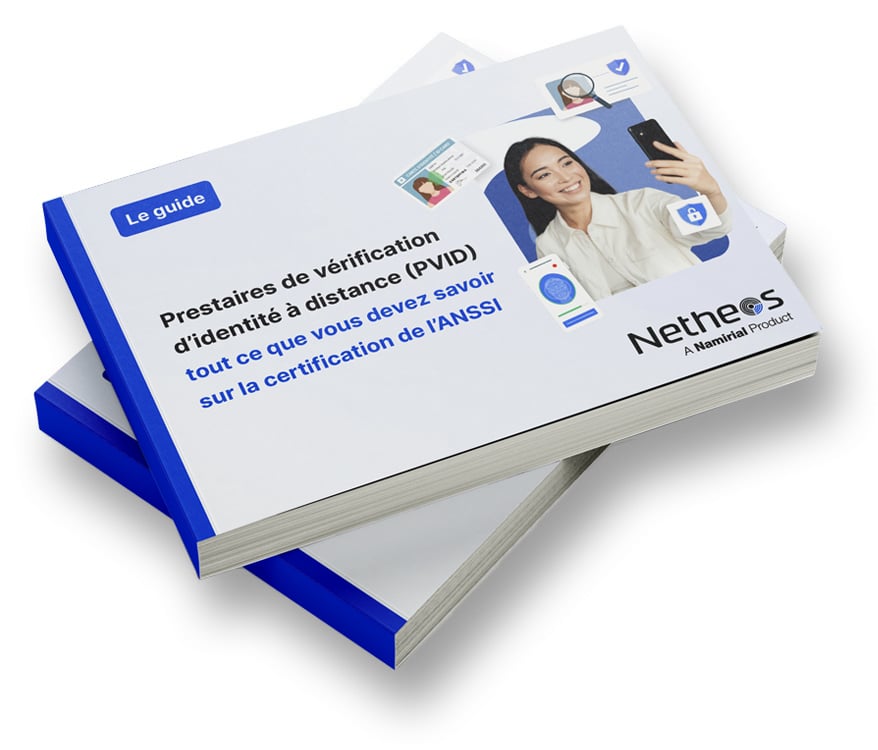The European Union is planning to launch a European Digital Identity Wallet (EUDIW), which will enable users to store their digital identity securely and carry out administrative procedures more easily. A great evolution that could happen in a few years’ time.
On November 9, the European Parliament and the Council of the European Union reached a provisional agreement on a new framework for European digital identity. Subject to final approval of the project, this will establish the obligation for EU member states to make a digital identity portfolio available to their citizens and businesses. Designed to hold identity documents (ID cards, driving licenses) as well as diplomas, bank account documents and even medical documents, this wallet will be accessible via a smartphone. The main objective will be to facilitate authentication for European citizens, paving the way for simplified access to online services, whether public or private.
A bulwark against the web giants
In its press release, the European Parliament states that “this new European digital identity wallet will enable citizens to identify and authenticate themselves online without having to rely on commercial providers – a practice that raises concerns about trust, security and privacy”.
This declaration underlines the European Union’s firm commitment to protecting the privacy of its citizens, while strengthening confidence in the use of online services. By directly targeting certain American giants such as Google and Facebook, which already offer identification systems to third-party services, the EU aims to reduce its dependence on external players and guarantee greater sovereignty over its citizens’ personal data. By setting up a European identification system, the digital wallet will help to build a protective bulwark, ensuring a secure connection that respects fundamental privacy rights.
Combating fraud and identity theft
By providing a secure, centralized means of authentication, this digital wallet offers a robust mechanism for countering fraudulent activity and protecting users’ identities.
It also offers significant economic benefits for companies and organizations by reducing the costs associated with identity verification, thanks to a Know Your Customer (KYC) process integrated right from the creation of the portfolio. This proactive approach will make identity management more efficient, while simplifying administrative procedures for users.
The European Digital Identity Wallet marks a major step towards a secure, GDPR-compliant online experience. With features such as a centralized dashboard, breach reporting and portfolio interaction, it strengthens data protection and fosters a collaborative digital community. Free electronic signatures and the integration of national identification systems testify to its commitment to the security and autonomy of European citizens, making this portfolio an essential element in the preservation of digital rights.
Through its participation in the POTENTIAL consortium, the Namirial Group is contributing to the development of the digital identity portfolio. The European digital identity portfolio will be tested in two distinct phases. The first phase will focus on testing national solutions until October 2024, while the second phase will involve cross-border testing to ensure interoperability between the different solutions.










